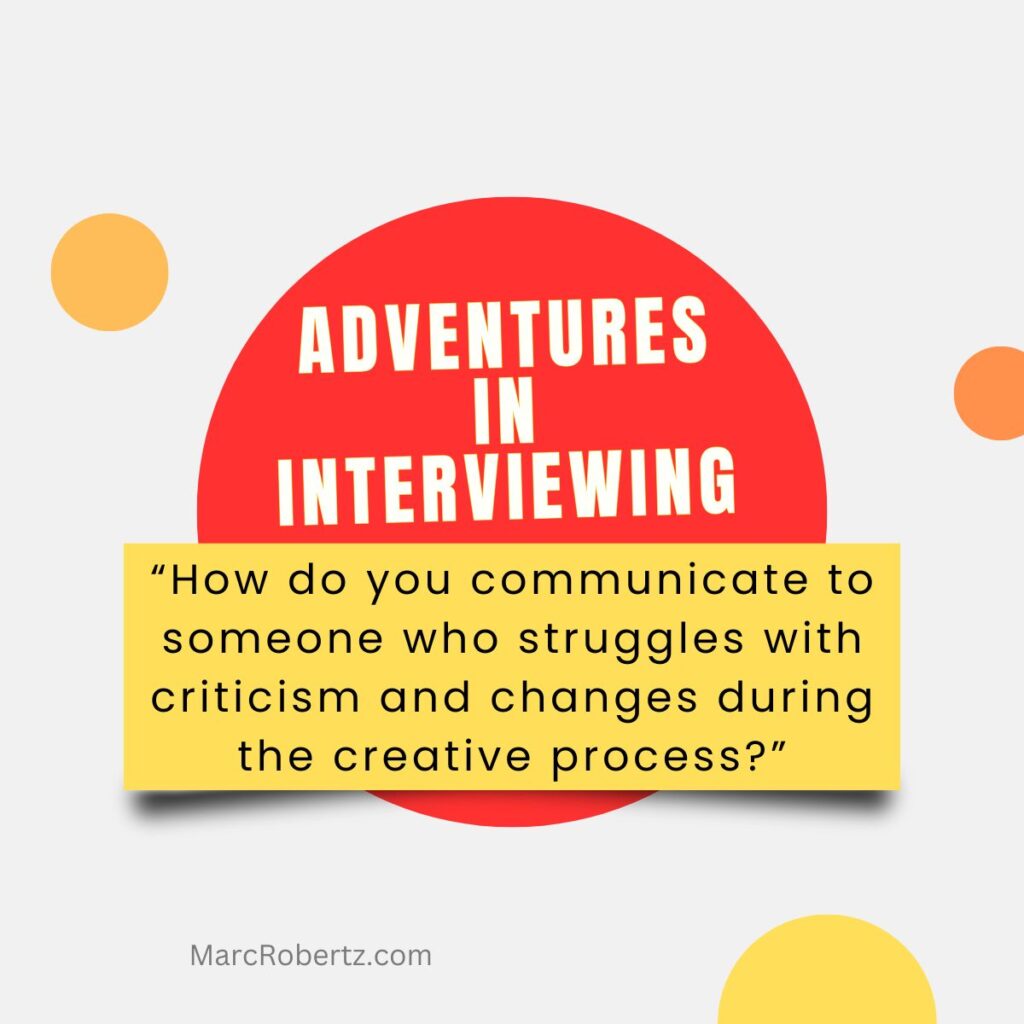
During a recent interview, it was shared with me that someone I could potentially be working with had a difficult time receiving criticism, changes or outright rejection of a creative concept. “How do you navigate those kinds of personalities?”
For creatives, it is not uncommon to internalize a negative response after they invested time and energy into an assignment. However, creatives work in a very gray and subjective arena when it comes to what is good creative and what is not.
Granted, some creative just misses the mark – it’s off brand, the tone is wrong, it’s too clever to understand, or too cliché to cut through the clutter, etc. But I have found, in most cases, the rejection was simply subjective opinion. And if that opinion is coming from the person/client who has to sign off, we have to accept, learn and move forward.
As a young creative, I now recognize how difficult I must have been to manage and how hypocritical I must sound to anyone who worked with me early in my career. I too would play the “…But I poured my heart and soul into this project… This is what you pay me for… What do you mean you can’t tell me what you don’t like about it, that doesn’t help me…” Sound familiar?
Here is what I learned over a couple of decades, much of which has been spent managing and mentoring creatives – a simple phrase: “Take pride, don’t take it personal.”
Take all the pride in the world in what you created (and got paid for doing while you were creating). However, it is important to separate the emotions from the message. Short of someone telling me, “Marc, that is the dumbest idea ever. You are a waste of my time and the oxygen in this office.” THAT is personal. But if the response is more along the lines of, “I’m just not feeling it,” that’s not personal, that’s subjective. If they have seniority, it’s time to gather as much feedback as you can as to why, regroup, and come up with the next idea. It really is just that simple. Nothing wrong with respectfully making your case, but don’t become combative or develop a reputation of being difficult or uncoachable. Read the room, manage the temperature, pick your battles carefully.
I would have saved myself (and probably a few of my bosses) a lot of energy, conflict, and flags in the sand had the idea of “Take pride, don’t take it personal.” resonated with me earlier in my career. Better late than never! Sometimes we have to learn these things on our own – sometimes the hard way – and then help others avoid dying on the creative hill, unnecessarily.